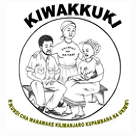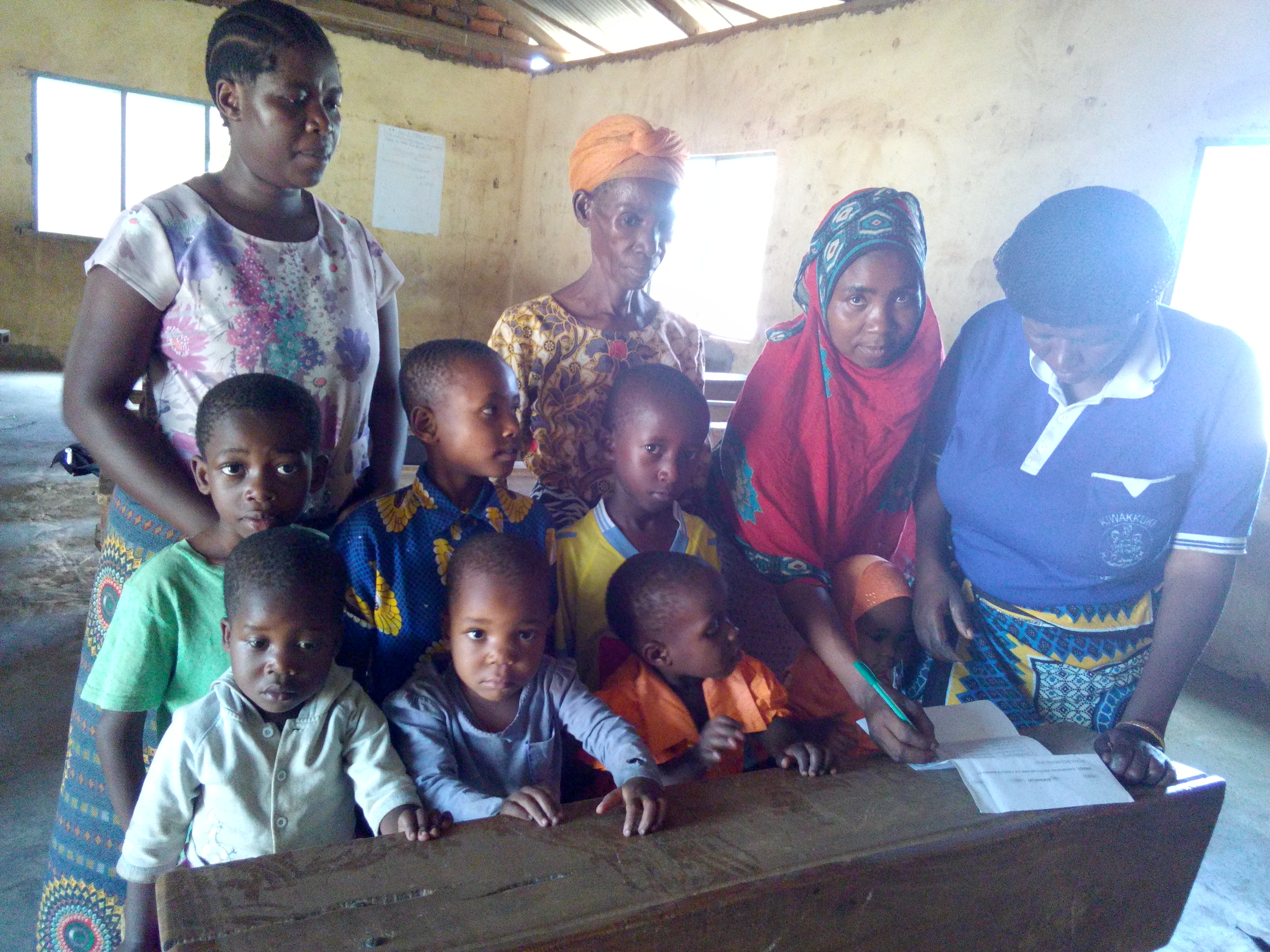KIWAKKUKI has been supporting MVC’s since 1996 and this long-time support has enabled us to be able to observe the MVC’s progress over time. What we have seen is that these children’s ability to access vocational education, health education, preparatory primary and secondary education has improved the overall quality of their lives. In addition, because we have been able to support their living situations through building homes for them and their families, both the community involved with them and the child has benefited. The difference between the supported MVC and those who are not supported is profound. It is well known that Tanzania’s educational system is lacking and many MVCs are not able to access secondary school, or to have extra support in knowledge of health, living or life skills. Out of those supported we have teachers, clinical officers, carpenters, electricians priests even some are in the counties Armed Forces, Police amongst others. One cannot even contemplate what would have happened to these helpless children had the unenviable happened. There are many components to the level of service that MVC Program provides, but one concrete project that can last for generations is the construction of small solid houses for orphans. KIWAKKUKI learned of the importance of building these houses during the late 1990’s (1996) when Child Foundation of The Netherlands began assisting a desperate family.
Approaches:
- Direct school support services
- Community Sensitization
Activities:
- Schools sponsorship: Primary, Secondary.(Ordinary level and /Advanced levels) and Vocational Skills done, but there is a high demand for Students of Higher learning not accommodated in current support programs.
- Provision of school lunches and scholastic materials (uniforms, shoes and text books
- Shelter support to the needy orphaned child headed families Challenge on legal ownership
- Food and nutrition support from(WFP) to alleviate hunger
- Income Generating Activities (IGA’s) to orphans families caring children less than 8 years through their caregivers. Challenge maintaining revolving. Less/slow expansion, weather threat and market.
- Psychosocial support to parents/caregivers and children
- Memory work to facilitate communication between PLHA parents and children on their zero status, to write memory book and to have legal arrangements for the future of their children.
International Child Development Programe (ICDP) approach
- New project in Kibosho 2014
- 250 children, 5 schools, 10 classes
- Class 2 and 3
- Reading, Writing, Counting
- Parent/caregiver involvement
- Learning Clubs
- Teacher training on ICDP
SUPPORT TO CHILDREN OF 0 - 6 YEARS LIVING WITH HIV/AIDS IN KILIMANJARO.
The goal:
Support to the children of ) - 6 years, who are HIV/AIDS positive to get bus fares to CTC, attain birth certificates and sensitize their parents on child development using International Child Development Program (ICDP) Approach.
Objectives:
1. Children with HIV/AIDS (80) provided with bus fares to attend Care and Treatmant Clinic (CTC) regurarly.
2. Parents/Caregivers of young children (0-6 years) sensitized through International Child Development Programe (ICDP) Approach in order to prepare their children for learning and meet other needs.
3. 80 children from Kilimanjaro received official registration with Birth certificates.
Activity 1: Provision of bus fare to care and treatment for Parent/caregivers of children living with HIV/AIDS.
- 80 children from all the 8 district who are HIV positive were identified by leaders of PLHA Clubs and KIWAKKUKI district cooedinators.
- Parents/caregivers of the 80 children were provided with bus fare every 3 months(quarterly) to bring their children the CTC.
- CTC cards for the child were checked to ensure their attendance.
Result:
Improvement of general health of the children living with HIV and AIDS.
Activity 2: Refresher training for existing 16 ICDP facilitators.
2.1. Existing 16 KIWAKKUKI ICDP Facilitators received 2 day refresher training.
2.2. The ICDP facilitators selected 80 parents mainly the parents/caregivers of the children living with HIV/AIDS to join the ICDP sessions in their respective areas.
Activity 3: Conduct sensitization meetings to 80 parents/caregivers of young children 0 - 6 years on ICDP Approach.
The KIWAKKUKI ICDP facilitators working in pairs in each District formed groups of 8 - 10 parents/caregivers for sensitization package which is composed of 8 meeting session focusing on importance of a child, child rights and meaningful interaction with their children.
Activity 4: Assist 80 children who are HIV positive to attain Birth Certificates.
How it was done:
- Identification of 80 children living with HIV and AIDS in Kilimanjaro Area was done.
- KIWAKKUKI District Coordinators with the support of the Leaders of People living with HIV and AIDS in the district submitted required supporting documents to the Registrar.
Result:
- 80 children obtained Birth certificates.
- Parents/Caregivers who do not register their children after birth for lack of knowledge of the importance of birth certificates are now seeking for help as they have realised from others the importance.
- Those children who have acquired Birth certificates enjoy their right of citizenship.
Activity 5: Reflection meeting for 20 parents/caregivers, 16 leaders of people living with HIV/AIDS and 10 local leaders.
- The review meeting was called to reflect on results achieved, challenges and lessons learnt.
Achievements.
- Improvement of general health and progress of the 80 children living with HIV and AIDS.
- 80 children obtain Birth certificates.
- Parents/caregivers who do not register their children after birth fo lack of knowledge of the importance of birth certificates are now seeking for help as they have realized from others the importance.
- Those children who have acquired Birth Certificates enjoy their citizernship.
- Parents/caregivers who had ICDP sensitization are involved in the learning and development processes of their children.
Challenges:
- During the process about ICDP Approach is a contributing factor to hinder parents/caregivers from practicing child rights and development interactions with their children.
Conclusion:
Parents appreciated the assistance to help their children, and the general awareness about their children, and the general awareness about their active role in child development.

